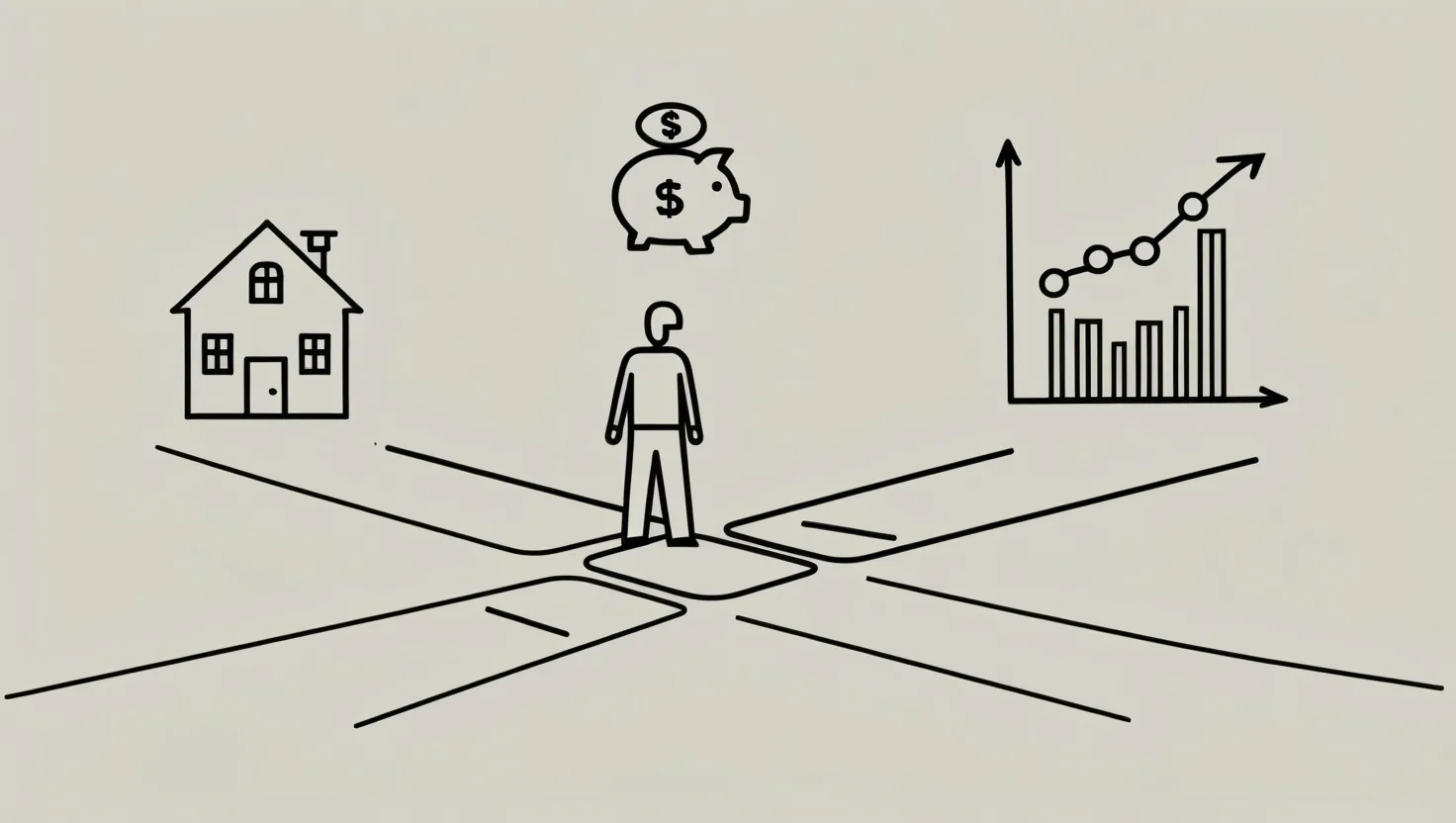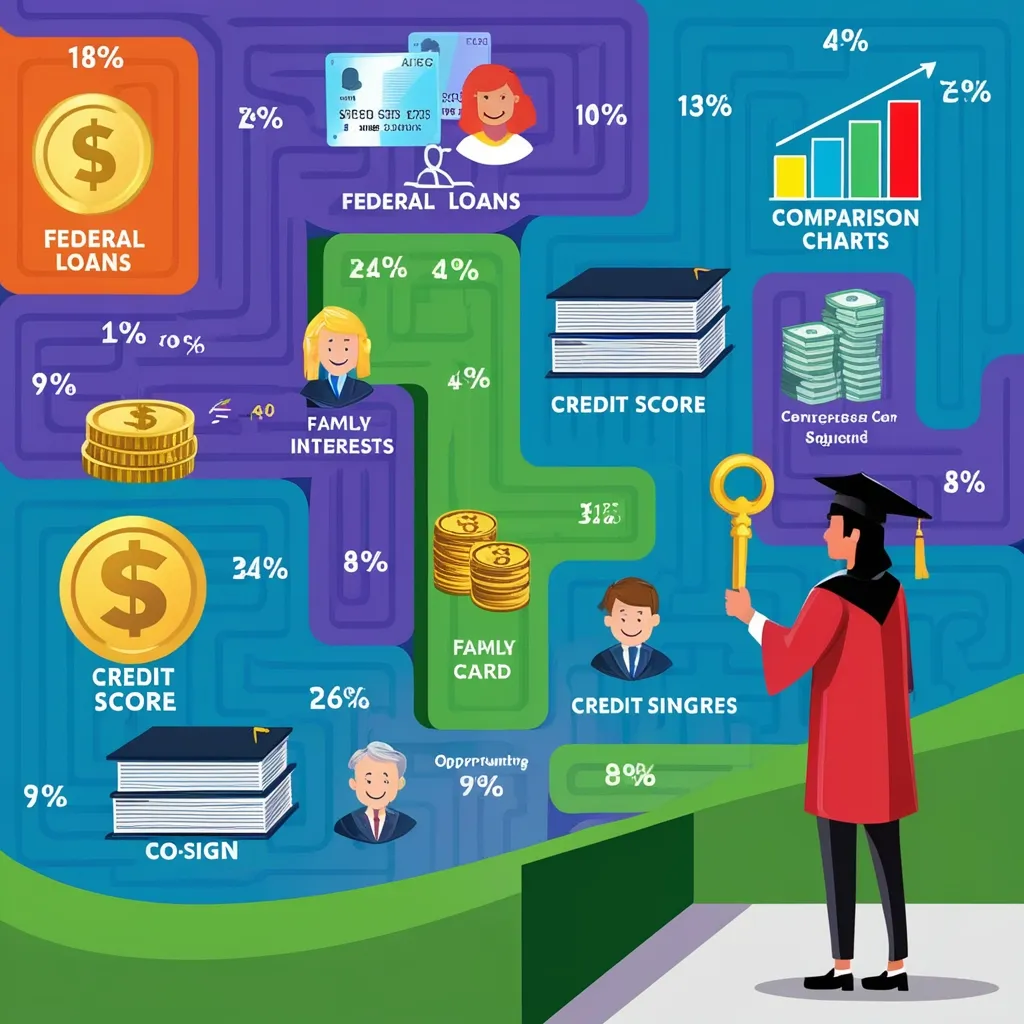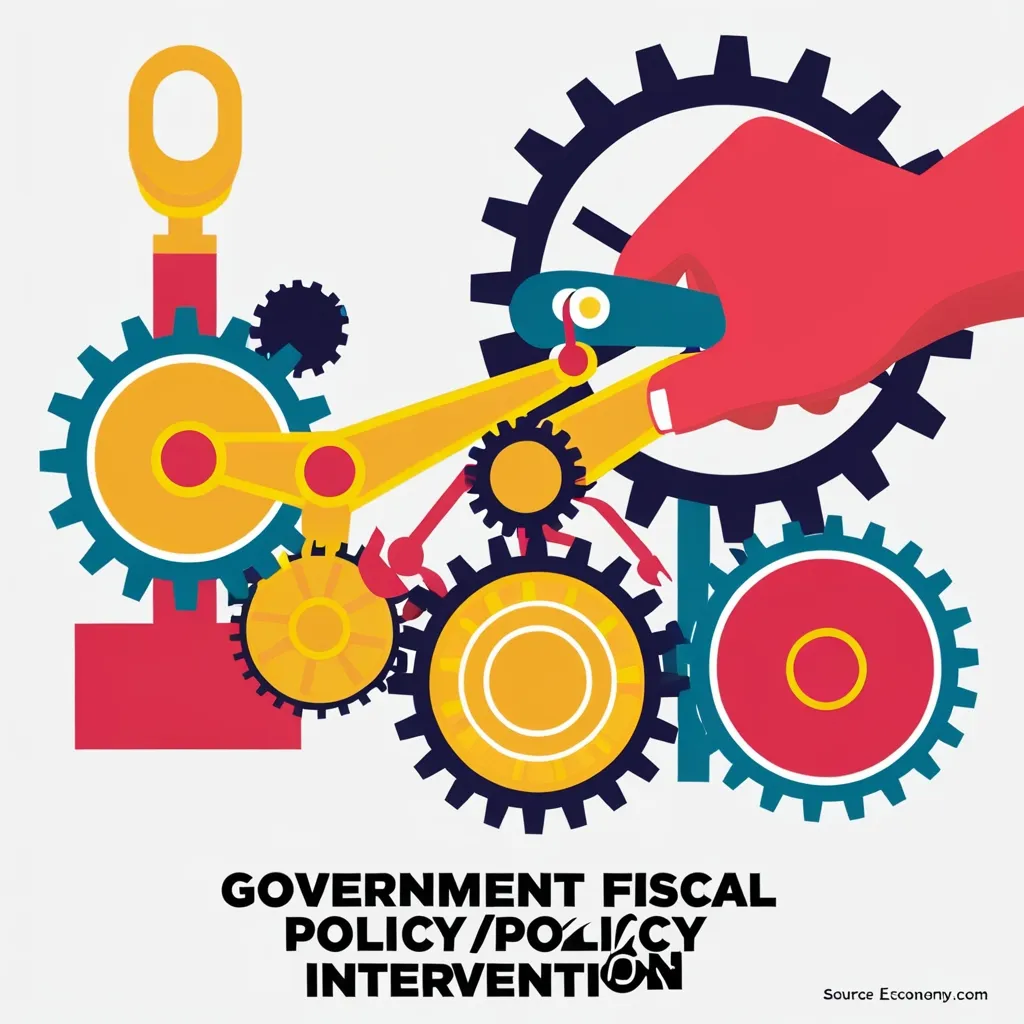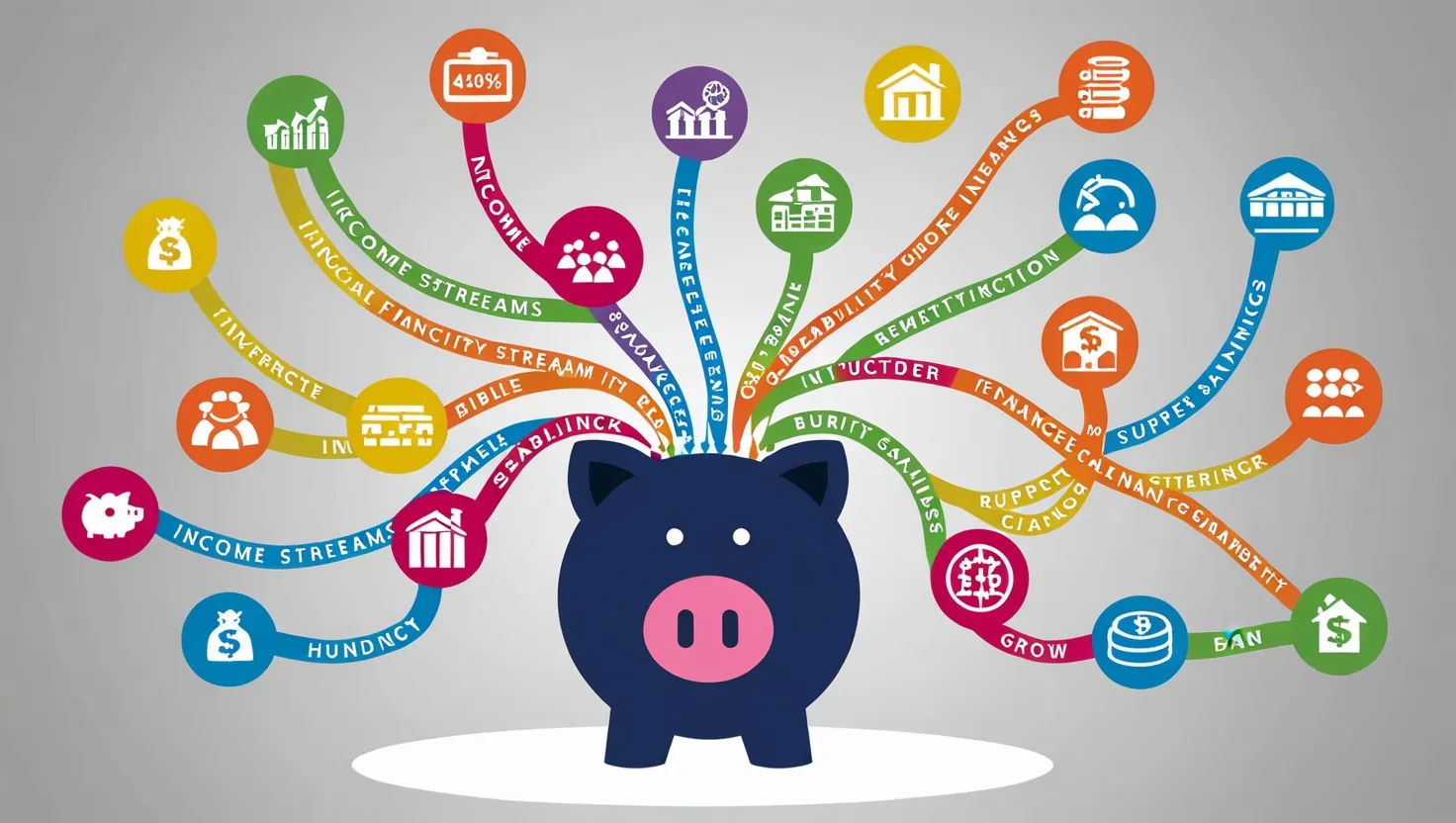When it comes to financial decision-making, the stakes are high, and the margin for error is slim. Yet, with the right strategies, you can transform your financial decisions from mere guesses to well-informed, data-driven choices. Here’s a journey through seven proven techniques that can optimize your financial decision-making process, making you a more savvy and successful financial navigator.
The Power of Pause: Implementing a Cooling-Off Period
Imagine standing at the edge of a significant financial decision, the kind that could alter the trajectory of your financial future. It’s natural to feel a rush of excitement or anxiety, but it’s crucial to take a step back. Implementing a cooling-off period for major financial decisions can be a game-changer.
“As I have grown older, I’ve learned that pleasing everyone is impossible, but living a life of integrity is always worthwhile,” says Warren Buffett, a sage advice that resonates in financial decision-making. Taking time to reflect allows you to clear your mind, assess the situation objectively, and avoid impulsive choices that might haunt you later.
How often have you made a purchase or investment on the spur of the moment, only to regret it later? A cooling-off period gives you the space to evaluate whether the decision aligns with your long-term goals and values. It’s a simple yet powerful tool that can save you from financial pitfalls.
The Framework Approach: Cost-Benefit Analysis
Decision-making frameworks are like maps that guide you through the complex landscape of financial choices. One of the most effective frameworks is the cost-benefit analysis. This method involves weighing the potential benefits of a decision against its costs, helping you make a more balanced choice.
“An investment in knowledge pays the best interest,” Benjamin Franklin once said. When you apply this framework, you’re investing in the knowledge that will help you make better decisions. By systematically evaluating the pros and cons, you can identify potential risks and opportunities that might otherwise go unnoticed.
For instance, if you’re considering investing in a new business venture, a cost-benefit analysis would help you quantify the potential returns against the costs of investment, risk of failure, and other associated expenses. This clarity can make the difference between a profitable venture and a costly mistake.
The Wisdom of Crowds: Seeking Diverse Perspectives
No one person has all the answers, and seeking diverse perspectives can enrich your financial decision-making process. Surrounding yourself with people from different backgrounds and expertise can provide a more comprehensive view of any financial situation.
“The best way to get started is to quit talking and begin doing,” advises Walt Disney. But before you start doing, it’s wise to listen. Consulting with financial advisors, peers, and even mentors can offer insights you might not have considered otherwise.
Imagine you’re contemplating a major investment in real estate. While you might have a good understanding of the market, a financial advisor could provide valuable insights into the tax implications, and a real estate expert could offer advice on the property’s potential for appreciation. This collective wisdom can help you make a more informed decision.
Learning from the Past: Regular Reviews and Reflections
Financial decisions are not isolated events; they are part of a continuous journey. Regularly reviewing and learning from past financial decisions can be incredibly enlightening.
“Experience is the teacher of all things,” said Julius Caesar. Reflecting on your past decisions helps you identify patterns, successes, and failures. This retrospective analysis can provide valuable lessons that you can apply to future decisions.
For example, if you invested in a stock that performed poorly, reflecting on that decision can help you understand what went wrong. Was it a lack of research, poor timing, or an unrealistic expectation? Identifying these mistakes can help you avoid them in the future.
The Pursuit of Knowledge: Developing Financial Literacy
Financial literacy is the foundation upon which all sound financial decisions are made. Continuous education is key to staying ahead in the financial game.
“Knowledge is power,” as the saying goes. The more you know about personal finance, investing, and economic trends, the better equipped you are to make informed decisions. This doesn’t mean you need to become a financial expert, but having a solid understanding of basic financial concepts can make a significant difference.
Consider taking courses, reading financial books, or following reputable financial blogs. These resources can help you stay updated on market trends and best practices in financial management.
Emotional Regulation: Avoiding Impulsive Choices
Emotions can be a double-edged sword in financial decision-making. While passion and excitement can drive innovation, fear and greed can lead to disastrous choices.
“The biggest risk is not taking any risk,” Mark Zuckerberg once said. However, this doesn’t mean taking risks impulsively. Practicing emotional regulation can help you avoid making financial decisions based on emotions rather than logic.
For instance, during market downturns, it’s easy to panic and sell your investments. However, if you can manage your emotions and take a step back, you might realize that the downturn is temporary and that holding onto your investments could be the better choice.
A Guiding Light: Creating a Personal Financial Mission Statement
Having a clear vision for your financial future can guide your decisions and keep you on track. Creating a personal financial mission statement is a powerful way to align your financial choices with your long-term goals.
“Believe you can and you’re halfway there,” said Theodore Roosevelt. A financial mission statement serves as a reminder of what you’re working towards. It could be as simple as “I aim to save $10,000 in the next year” or “I want to retire by the age of 50.”
This statement acts as a filter through which you can evaluate all your financial decisions. Before making any choice, ask yourself if it aligns with your mission. This clarity can help you stay focused and avoid distractions that might derail your financial goals.
The Journey to Financial Excellence
Optimizing your financial decision-making is not a one-time achievement but a continuous process. It involves developing skills, habits, and a mindset that prioritizes informed and beneficial choices.
As you embark on this journey, remember that every decision is a learning opportunity. Whether you succeed or fail, each choice brings you closer to your financial goals.
So, the next time you stand at the crossroads of a significant financial decision, take a deep breath, reflect on these techniques, and let your informed judgment guide you. After all, as the ancient Greek philosopher, Aristotle, said, “We are what we repeatedly do. Excellence, then, is not an act, but a habit.”
How do you currently approach major financial decisions? Do you have any personal strategies that have proven effective? Reflecting on these questions can be the first step towards optimizing your financial decision-making process.






